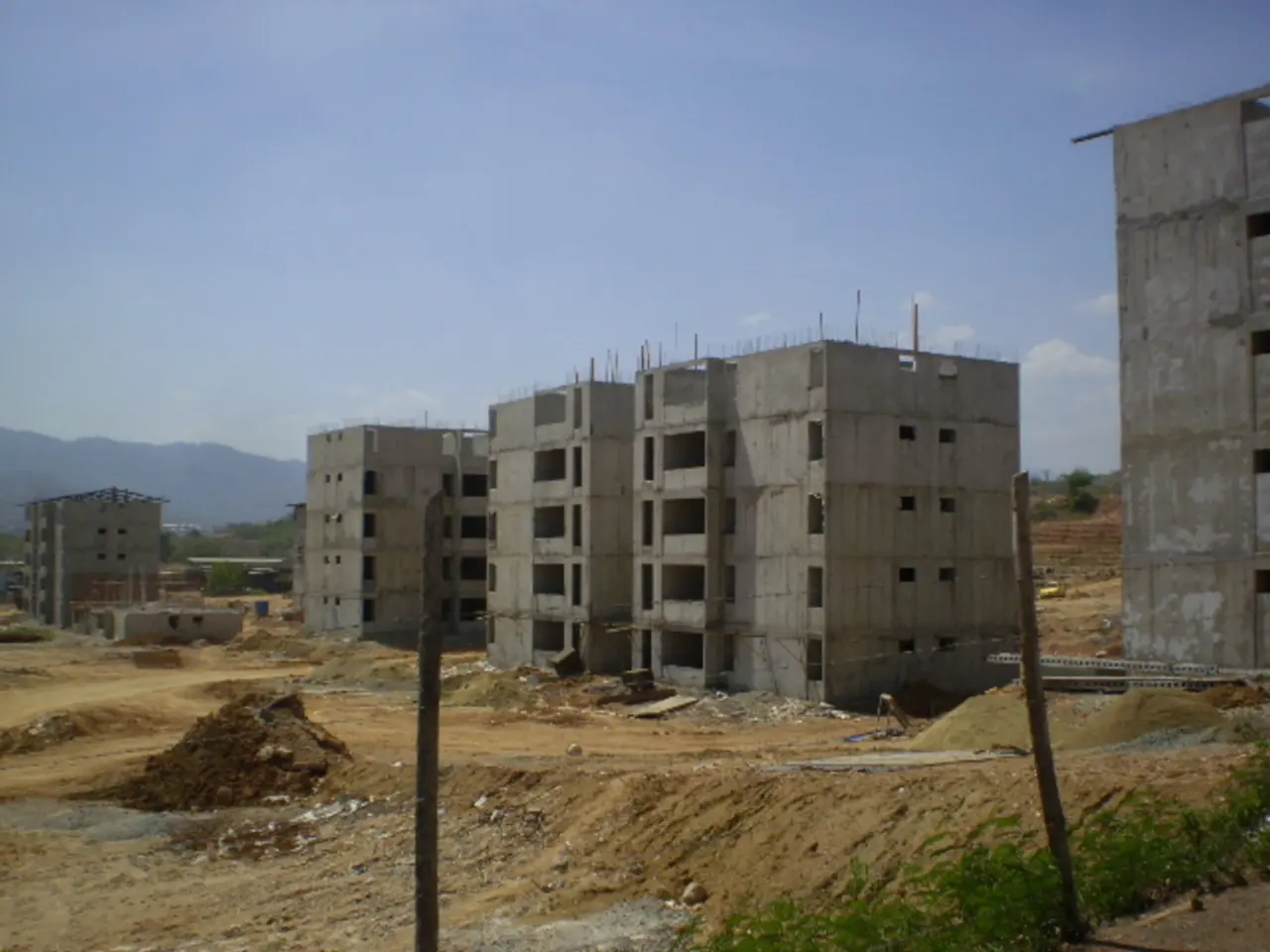Kenya's Counterfeit Land Titles Threaten Investment, U.S. Warns in 2024 NTE Report
The 2024 National Trade Estimate (NTE) report has shone a light on a growing issue in Kenya: the prevalence of counterfeit land titles. The U.S. Office of the United States Trade Representative (USTR) has highlighted this problem as a significant barrier to investment in the country's agriculture and real estate sectors.
The report comes amidst a rise in title deed fraud, coinciding with increased demand for land in these industries. Sophisticated networks involving rogue brokers, intermediaries, and corrupt officials have been creating and selling fake or double-registered title deeds. This has led to substantial financial losses for banks, businesses, and individuals, with some banks losing millions of shillings. The Ministry of Lands in Kenya is currently undertaking reforms to restore trust in the land administration system, including the digitization of land records. However, the process for obtaining leasehold title of undeveloped land remains opaque and unreliable, increasing the risk of receiving fake title deeds. The U.S. government has also expressed concerns over this issue in Kenya.
The 2024 NTE report's focus on counterfeit land titles in Kenya underscores the urgent need for effective reforms in the country's social security administration system. These reforms are crucial to protect investors, restore trust, and facilitate sustainable growth in the agriculture and real estate sectors.




